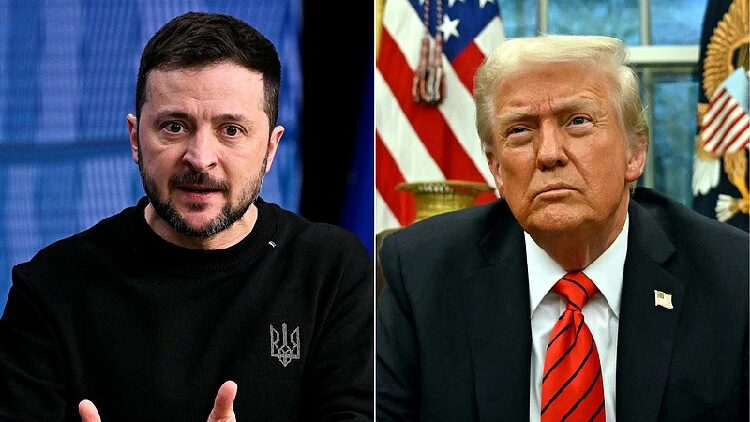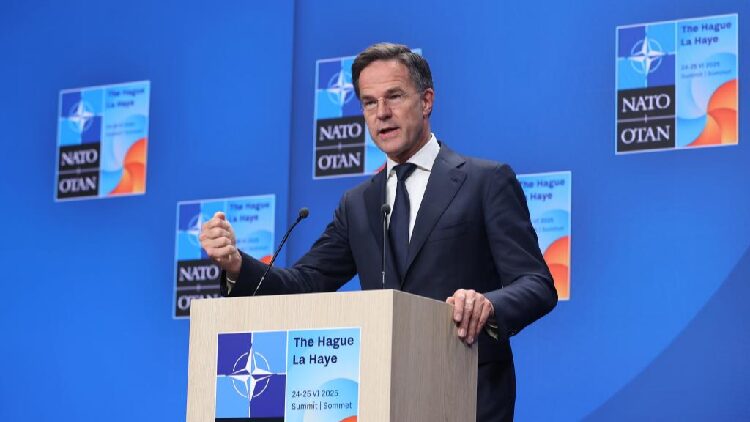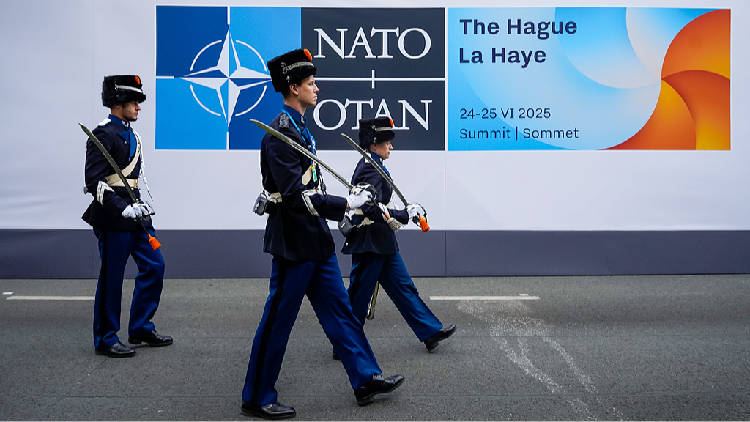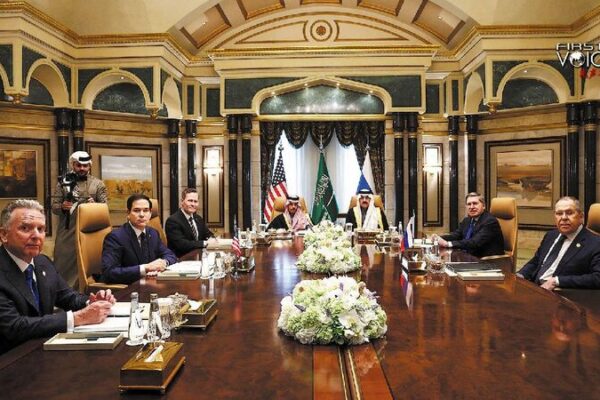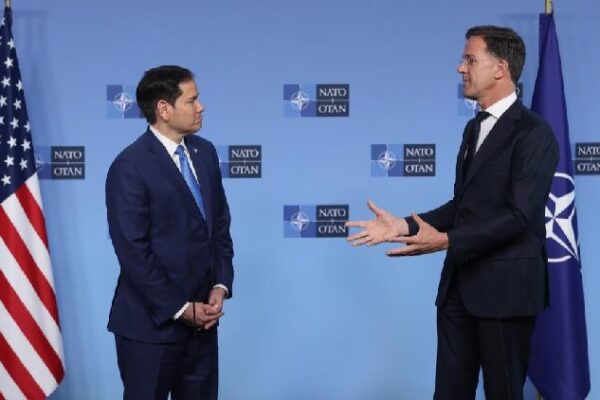Since his time in office, Donald Trump’s foreign policy has sparked intense debate and discussion around the world. His “America First” doctrine marked a significant shift from traditional U.S. diplomatic approaches, emphasizing unilateral action and transactional relationships over multilateral cooperation.
One area that drew considerable attention was his stance on international alliances, particularly with key European partners. Trump’s criticisms of NATO, including questioning member countries’ contributions and the U.S.’s role in the alliance, caused some allies to reconsider the reliability of longstanding security commitments. This led to increased discussions among European leaders about the need for greater strategic autonomy and self-reliance in defense matters.
On the topic of Ukraine, Trump’s policies were closely scrutinized. His administration’s approach contrasted with previous U.S. support for Ukraine amid tensions with Russia. The controversy surrounding his interactions with Ukrainian officials became a focal point in U.S. domestic politics, highlighting the complexities of foreign policy decisions and their implications at home and abroad.
Trump’s outreach to leaders like Vladimir Putin also raised questions about the direction of U.S.-Russia relations. Critics argued that these gestures might undermine international norms and the unified stance of Western countries on issues like security and democratic values. Supporters, however, viewed these moves as necessary steps toward de-escalation and pragmatic engagement.
Beyond Europe, Trump’s foreign policy had global repercussions. His decisions to withdraw from international agreements and organizations, such as the Paris Climate Accord and the Iran nuclear deal, signaled a departure from multilateralism. This approach prompted discussions about the effectiveness of international institutions and the future of global cooperation on pressing challenges like climate change and security threats.
Domestically, Trump’s foreign policy decisions were both lauded and criticized. While some appreciated his focus on American interests and a more isolationist stance, others were concerned about the potential long-term impacts on the U.S.’s global leadership and influence.
In conclusion, Donald Trump’s foreign policy initiatives have left a lasting impact on U.S. alliances and the global political landscape. As new administrations navigate these changes, the importance of balancing national interests with collaborative international relationships remains a critical consideration for the future.
Reference(s):
cgtn.com
